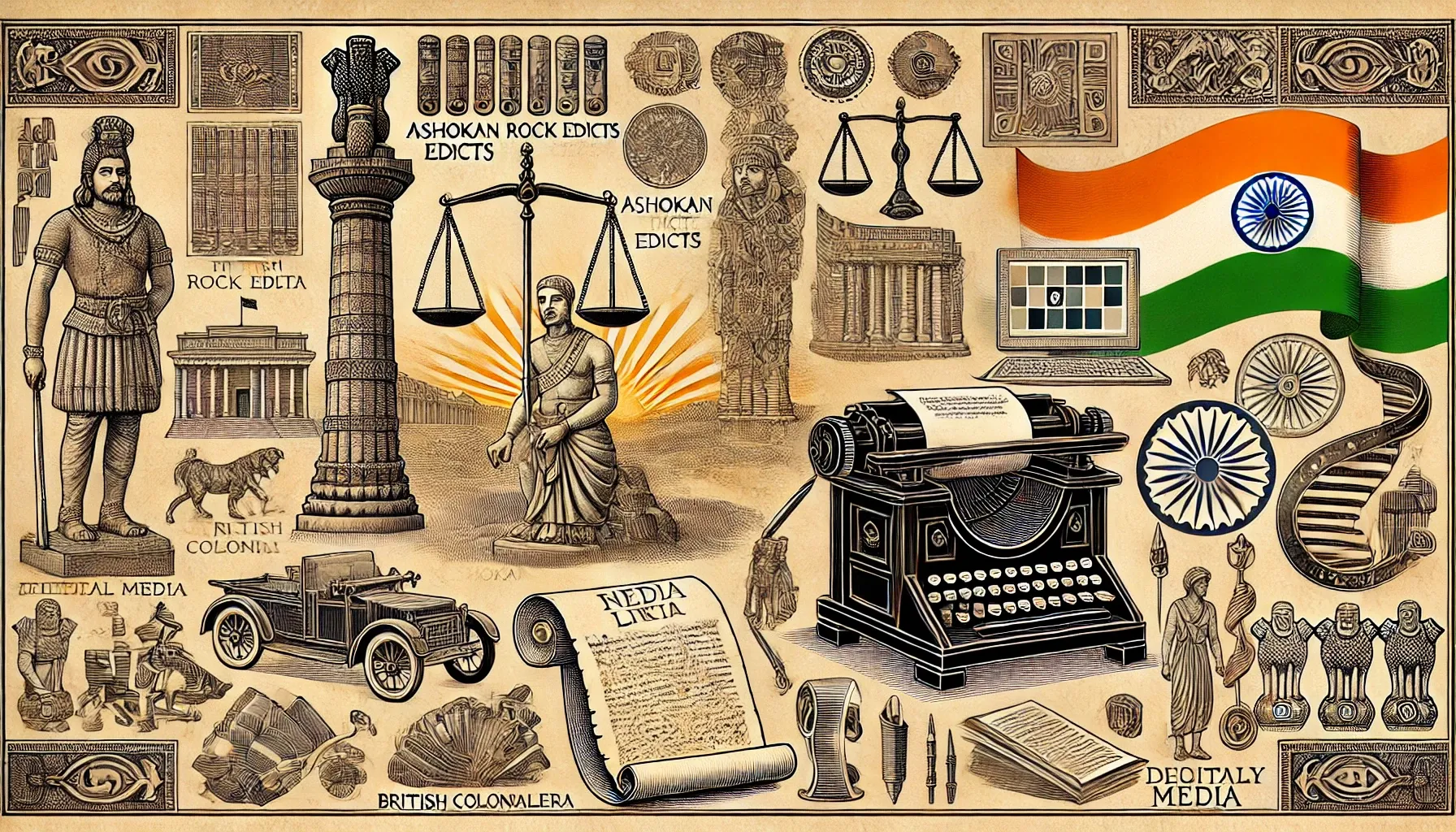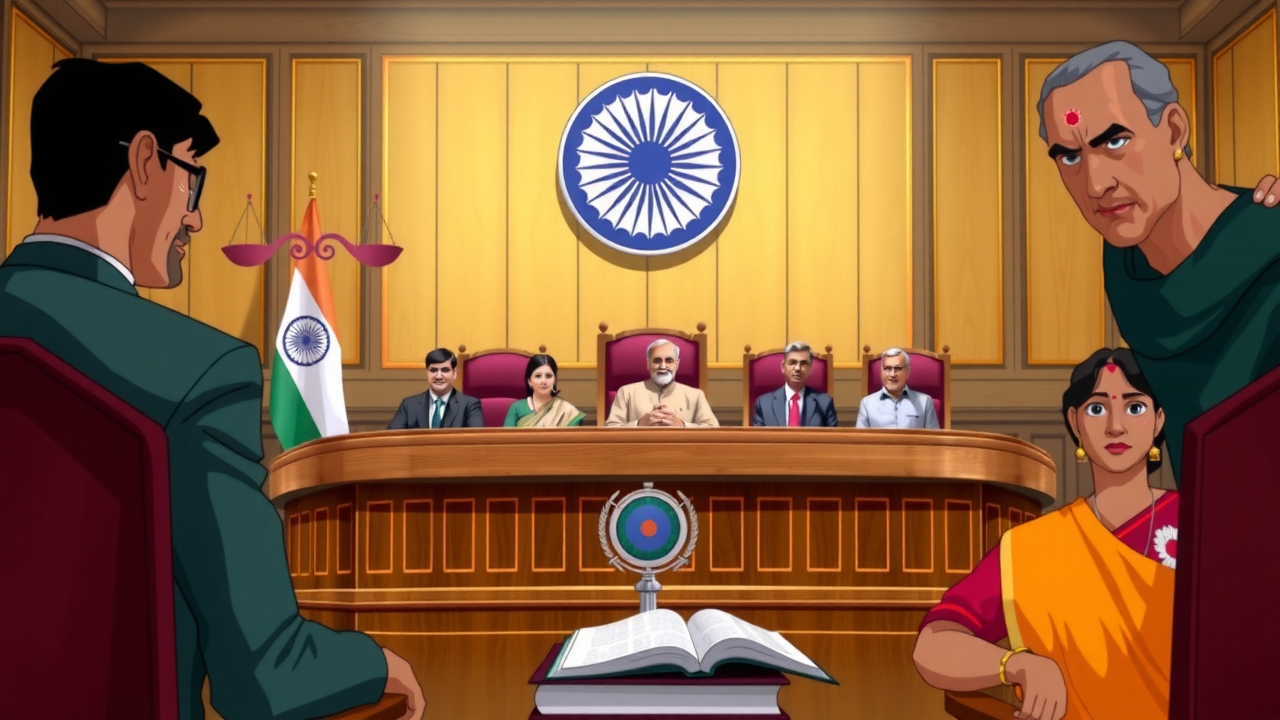
lex-o-pedia
What are white-collar crimes in India?
White-collar crimes in India, often committed by individuals in positions of trust, involve fraud, corruption, and financial misconduct. With increasing globalization and technology, such crimes have evolved, demanding stricter regulations and enforcement for accountability.

lex-o-pedia
What are white-collar crimes in India?
White-collar crimes in India, often committed by individuals in positions of trust, involve fraud, corruption, and financial misconduct. With increasing globalization and technology, such crimes have evolved, demanding stricter regulations and enforcement for accountability.

lex-o-pedia
What is Compulsory Licensing under Copyright Law?
Compulsory licensing under copyright law allows the use of copyrighted works without the owner’s consent when access is restricted. It ensures public access to creative works while compensating creators, balancing copyright protection and societal needs.

lex-o-pedia
From Sweat of the Brow to Creativity: What Constitutes “Originality” Under Copyright Law?
Originality is fundamental to copyright law, ensuring protection for creative works. Courts assess originality through various tests, such as the "sweat of the brow" doctrine, the "modicum of creativity" test, and the "skill and judgment" test, balancing effort and creativity.

lex-o-pedia
How Has Media Law Evolved in India: A Historical and Legal Journey?
Media law in India governs the regulation of media activities, balancing freedom of expression with necessary restrictions. Its evolution spans from ancient India to the colonial era, culminating in post-independence legislation ensuring responsible media practices.

lex-o-pedia
संपत्ति हस्तांतरण अधिनियम के तहत क्या अजन्मे व्यक्ति के लाभ के लिए हस्तांतरण संभव है?
संपत्ति हस्तांतरण अधिनियम, 1882 की धारा 13 अजन्मे व्यक्ति के लाभ के लिए संपत्ति हस्तांतरण की अनुमति देती है। इसके तहत, संपत्ति में पूर्विक जीवन हित सृजित होना चाहिए, और अजन्मे व्यक्ति को पूर्ण हित केवल उसके जन्म के बाद ही प्राप्त होता है।

case-study
Case Study: Y. Narasimha Rao and Ors v. Y. Venkata Lakshmi and Ors
In Y. Narasimha Rao and Ors v. Y. Venkata Lakshmi and Ors (1991), the Supreme Court of India ruled that a foreign court’s decree dissolving a marriage is unenforceable if it lacks jurisdiction under Indian law. The Missouri court’s divorce decree, based on “irretrievable breakdown of marriage,” was

